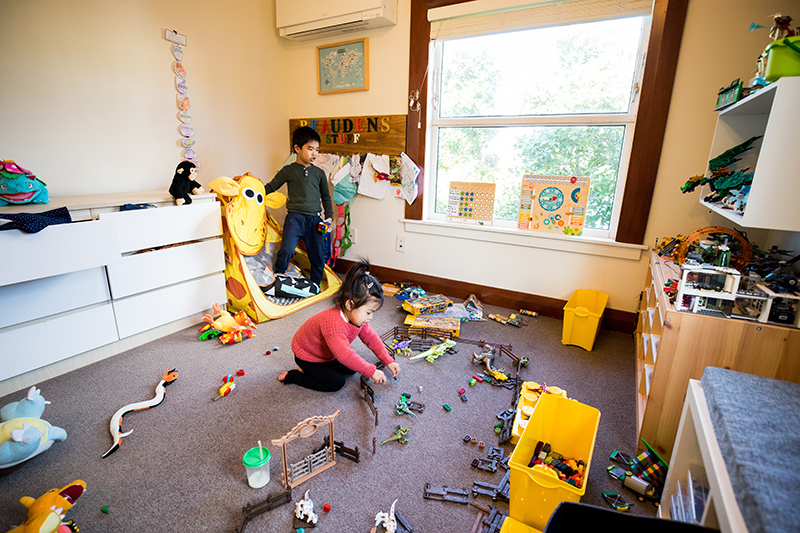-
Tribunals
- Disputes
- Tenancy
- Licences & certificates
- Motor vehicle dealer disputes
- Alcohol Regulatory & Licensing Authority
- Human rights
- Real estate agents
- Abortion
- Accident Compensation
- Canterbury Earthquakes Insurance Tribunal
- Copyright
- Customs
- Tax
- Trans-Tasman occupations
- Victims & justice
- Weathertight homes
- Waitangi Tribunal
- Judicial Conduct Panel
- Family
- Family Court
- Understand your Family Court outcome
Click anywhere on the banner to exit the page.
Press the shrink icon to the right to reduce this banner's size.
Overview
Most Family Court cases finish when the judge has made a final decision. The decision is your Family Court outcome. Every Family Court outcome is unique because everyone’s situation is different. Your Family Court outcome will usually be recorded in a court order.

If your case is withdrawn or dismissed
If you and the others involved in the case come to an agreement outside of court, you can withdraw your original application. This means the court process will be finished.
A judge may dismiss your case because there is not enough evidence to make a decision. You may continue to disagree - but the court will no longer help you to work things out.
Reserving decision – if a judge needs time to make a decision
The judge does not always make a decision when you’re at the court - they may need time to think about the case. This is called ‘reserving judgement’ or ‘reserving decision’.
The court will contact you after the judge has made a decision. How long this takes depends on your case - sometimes it can take over a month for the judge to make a final decision.
Where to go for more information
If you’re unsure what your Family Court outcome means, you can ask your lawyer to explain it to you. You can also visit your local Community Law Centre or speak with a Kaiārahi at the Family Court.
Related links
Feeling overwhelmed?
Going to Family Court can be hard. It's normal to feel overwhelmed. There are services available to help and support through this time.
Visit our help page